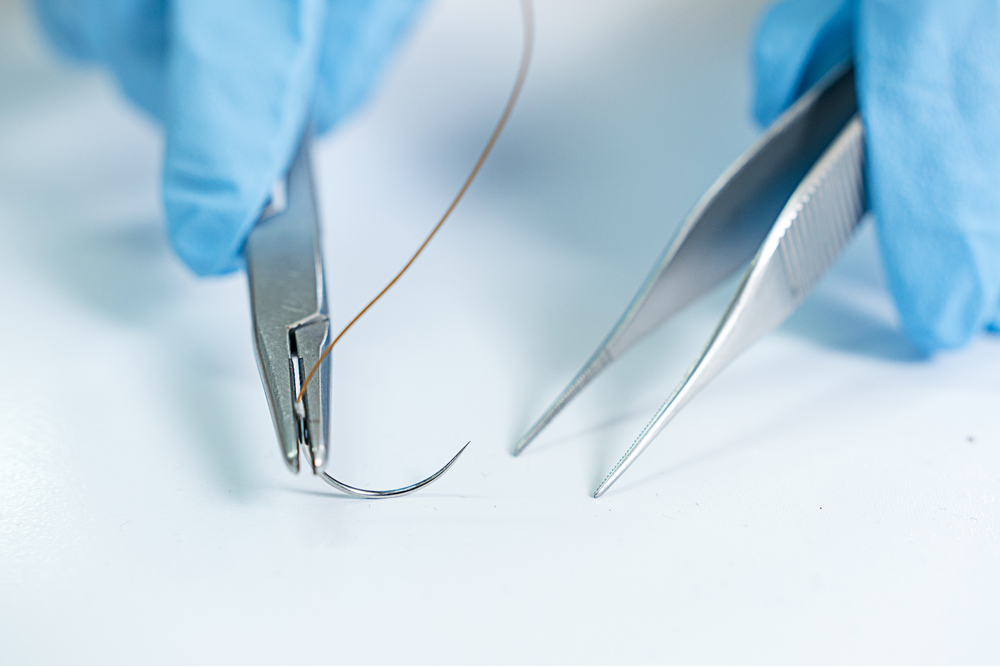What Can Cause a Wound?
You will likely have one or more small wounds such as a scraped knee during your lifetime, but you will seldom have a serious wound that requires stitches or surgery to help it heal.
A skin wound can occur for several reasons, including:
- Lacerations from sharp objects
- Blows to the body
- Falling injuries
- Projectile injuries
Skin wounds are considered open injuries because the uppermost layer of skin is damaged with minor cuts, but with serious lacerations, the underlying layers of skin and blood vessels are exposed.
How Does a Wound Heal?
For small wounds such as a cut on the finger from a knife, you can clean the skin with antiseptics such as rubbing alcohol or hydrogen peroxide. This will eliminate the pathogens on the skin and in the underlying damaged tissue to prevent an infection. With the application of an adhesive bandage, you can keep dirt and pathogens from entering the wound. You should monitor the injury frequently to ensure that it is healing properly.
There are several wound-healing phases:
- Hemostasis – the body creates a fast-chemical-reaction to heal the injury
- Inflammatory – the blood coagulates to prevent additional bleeding and blood flow
- Proliferative – the body produces new skin cells to repair the wound and start tissue regeneration and repair
- Maturation – new skin tissue gains flexibility and strength
Small wounds typically complete the wound-repair process without any specialized treatment, but if there is redness or swelling, then you can use an over-the-counter antibiotic ointment to eliminate any infection and speed up the wound-healing process. However, if you notice additional problems from the wound, then you must visit an urgent care center for an evaluation. A physician can examine the wound to remove an infection from the tissues along with prescribing an oral antibiotic to aid in tissue repair. If you’re experiencing chronic wounds, a physician should examine those as well to diagnose the underlying issue.
Treatment for Larger and Deeper Wounds
When you have a larger wound or a wound that is small but goes deeper into the body, immediate medical attention is required. In some cases, you should contact paramedics for assistance with a wound that is bleeding or that includes severe pain or other health issues such as respiratory distress. If a projectile has entered your body, then the foreign object will require removal with surgery, and this requires hospitalization. Longer and deeper lacerations require stitches to help the wound heal with less scarring. If a wound is on the face or neck, then you should have a repair from an expert to ensure you’re reducing scar formation that can alter your appearance.
Frequently Asked Questions about Wound Repair
How do I know if a wound needs specialized care?How quickly does a wound take to heal?How do I know if a wound is getting worse?Will I need stitches?How should I clean my wound? |
Come into WellCare
If you have sustained a wound, the best plan is to come into WellCare Urgent Care to make sure that it is not serious and to get proper treatment. Book a same-day appointment with us online at both our Cascade and Leonard locations.




